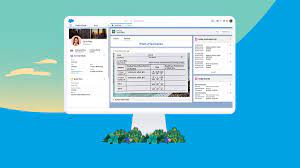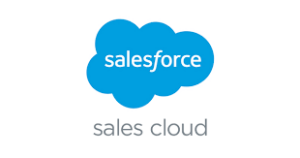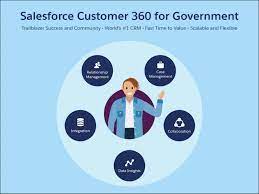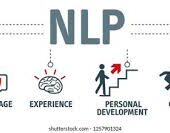Salesforce in healthcare is a growing application. Salesforce Health Cloud serves as a comprehensive platform to aggregate and display fragmented patient data in a unified system. By facilitating more personalized and scalable patient care. Salesforce helps providers build stronger, 1-to-1 relationships; make smarter care decisions; and connect with their patients anywhere, on any device.
In today’s complex medical industry, providers face challenges in delivering comprehensive and personalized care due to competing priorities. Cost-saving tools that enhance operational efficiencies reduce administrative tasks. They are essential for healthcare teams to dedicate more time to patient relationships.
Salesforce in Healthcare
An integrated healthcare platform addresses these challenges by consolidating data from diverse systems and by offering a singular view of individual patients. A singular view of an individual patient that is available to everyone involved in the delivery of his or her’s care. This unified approach enables care teams to access data. Health records, social determinants of health, and communication preferences in one location, streamlining the coordination of appropriate care. This saves time and money!
Using Salesforce’s highly-customizable interface, organizations can automate much of that data entry, allowing providers to save that time and refocus on caring for their patients. The Salesforce Healthcare CRM alleviates the documentation burden by offering simpler patient data management and analytic options.
Salesforce is widely adopted in the health and life sciences sectors. Recognized for catering to healthcare payers, pharmaceuticals, medtech, and other related industries.
Salesforce Health Cloud
The Salesforce Health Cloud, introduced in 2015, was designed to assist providers in managing patients by integrating health data from electronic medical records, devices, and wearables. Positioned as a “patient relationship management tool,” Salesforce Health Cloud provides a holistic view of each patient,. By contributing to more informed and personalized care.

Salesforce serves as a solution for healthcare payers, providers, manufacturers, and entities across various healthcare verticals to meet the increasing demands of customers while enhancing overall health outcomes.
Is Salesforce considered an EHR system?
Customer Relationship Management (CRM) platforms like Salesforce offer the capability to engage with patients and enhance the patient experience. Through integration with an Electronic Health Record (EHR) system, providers can consolidate data from all patient interactions. They gain a comprehensive view of the patient, and create a connected healthcare journey.
Which healthcare organizations utilize Salesforce?
Companies leveraging Salesforce Health Cloud for Customer Engagement include Humana, a U.S.-based insurance organization with 67,100 employees and revenues of $92.87 billion, and Northwestern Mutual Life Insurance Company, Inc., a U.S.-based banking and financial services organization with 6,400 employees.
Salesforce is equipped with features conducive to Health Insurance Portability and Accountability Act (HIPAA) compliance, including encryption, access control, and auditing. Salesforce also provides a business associate agreement outlining the company’s responsibilities for safeguarding Protected Health Information (PHI).
Contact Tectonic today to learn more about how Salesforce can be a fit for your healthcare company.











